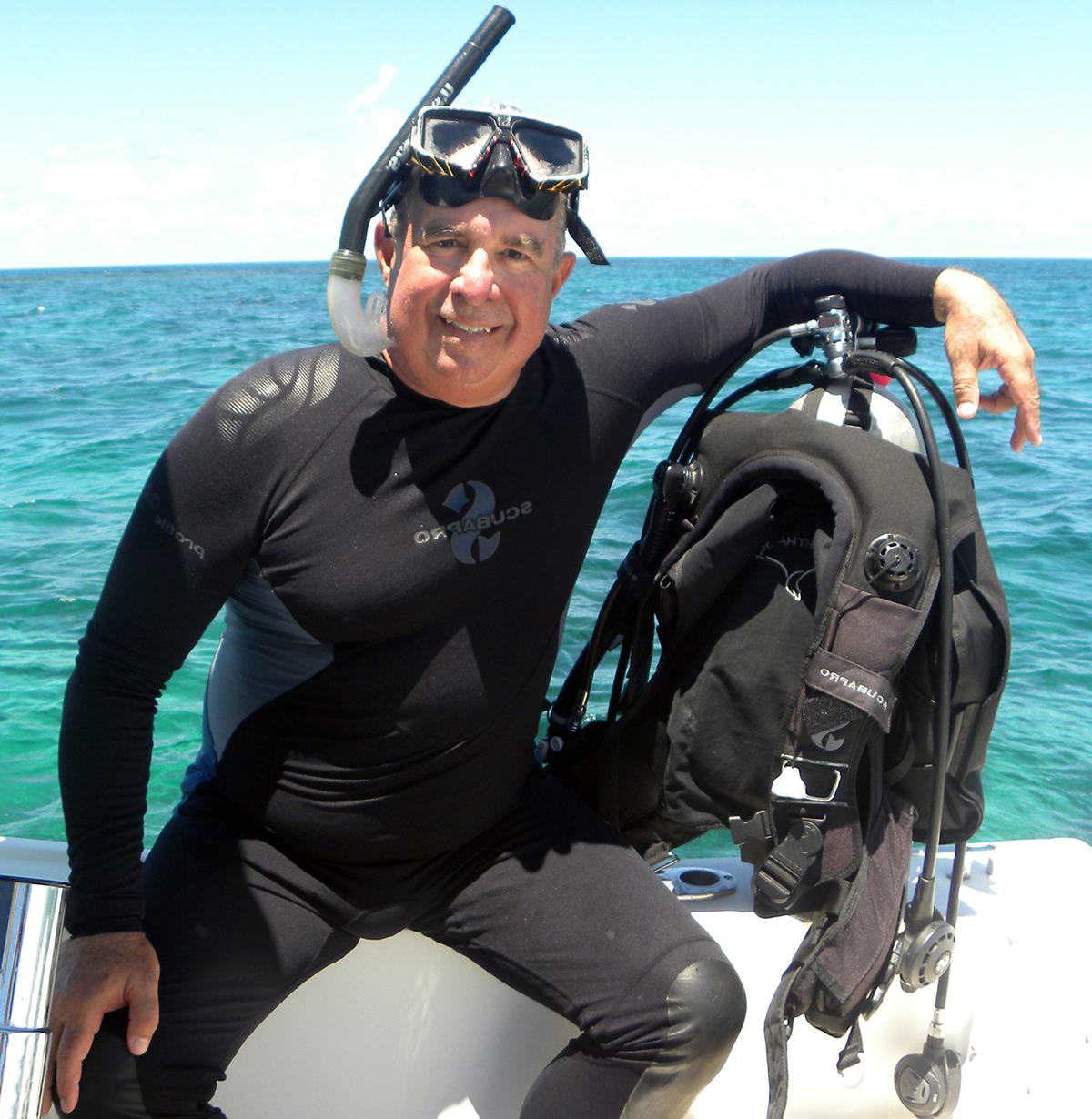Harmful Algal Blooms

This research is funded by proceeds from Florida's Save Our Seas specialty license plate.

Principal Investigator
Research Professor
772.242.2276
blapoin1@jsxfjn.com
Dr. Lapointe’s research interests include algal physiology and biochemistry, seagrass and coral reef ecology, eutrophication, marine bioinvasions and marine conservation.
He has extensive experience in water quality research in South Florida and the Caribbean region. As Chief Scientist on numerous Caribbean and western North Atlantic Ocean research expeditions, he has amassed valuable field experience in assessing relations between water quality and the health of tropical seagrasses and coral reefs. Dr. Lapointe’s long-term water quality monitoring at Looe Key reef in the Florida Keys represents the longest low-level nutrient record for a coral reef anywhere in the world. His work in the Keys led to a strong phosphate ban and new state regulations for Monroe County requiring greater nutrient removal from sewage effluents.
Dr. Lapointe’s work in Florida Bay and the Florida Keys National Marine Sanctuary in the 1990s, which utilized stable nitrogen isotopes to “fingerprint” nitrogen sources, was the first to demonstrate the importance of agricultural nitrogen from mainland sources to development of algal blooms in the Keys. He developed the first “ridge-to-reef” water quality monitoring program for the European Union in Negril, Jamaica, a model that has been adopted by Marine Protected Areas around the Caribbean region. Dr. Lapointe has advised the U.S. Environmental Protection Agency, National Oceanic and Atmospheric Administration, State of Florida and the governments of Monroe County (Florida Keys), Palm Beach County, Lee County, Bahamas, Tobago, Turks & Caicos, Jamaica, Bonaire, Curacao, Martinique and St. Lucia on development of water quality monitoring programs for assessing the impacts of land-based pollution.
Dr. Lapointe’s Sargassum research has yielded novel insights into the ecology of this macroalgae, the Sargasso Sea and associated communities, including symbiosis with juvenile fish marked by exchange of habitat and nutrients.
